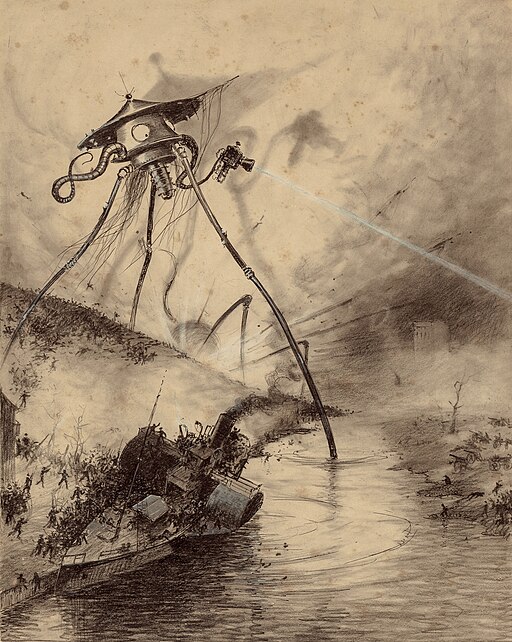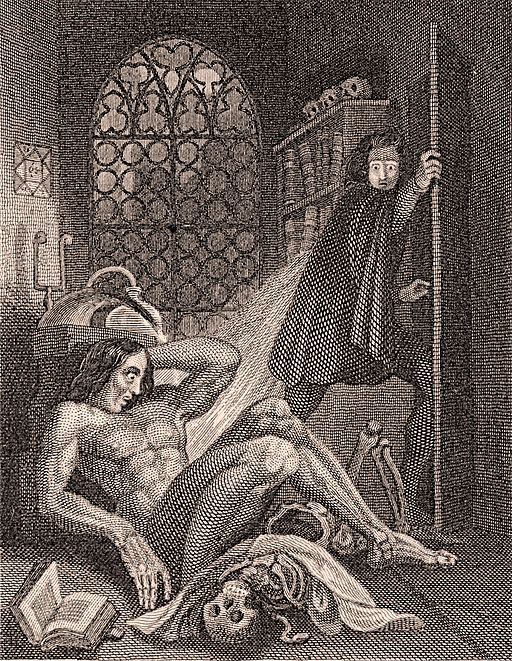The Stolen Years by Debbie Paget
– a wisdom born of suffering and a boundless faith in miracles –
 |
| The Stolen Years by Debbie Paget with Foreword by Mary McAleese |
Three years following the death of her daughter, Tina, in 1999 at the tender age of just eight, Debbie Paget began writing about her experiences, as much to aid the grieving process as anything else. What emerges from that undertaking is a fascinating and heartfelt story.
Debbie was born into a family of fifteen in Dublin, in the 1960s. She talks about her earliest memories: from a very difficult childhood in the family home, amusing tales concerning neighbours and friends, her days in homeless hostels, school days, family tragedies, abuse, neglect, love and marriage, the birth of her children.
Death, life and love are intertwined in this unique story. It is the particularly sad and untimely death of her darling daughter and first baby girl, Tina that forms the focus. Tina’s short life was one of remarkable courage, strength and laughter in the face of tragedy. Mary McAleese, who got to know Tina well during her first term as President of Ireland (Uachtarán na hÉireann), recalls of those encounters that:
She had a wisdom born of suffering and a boundless faith in miracles. Her mother's book is one of those miracles.
Today, Debbie finds great comfort and solace in the spiritual world, where she keeps regular contact with Tina. Her story reveals a fighting spirit and a keen understanding of life in the face of adversity. Debbie is a survivor and her story will amaze, stun, sadden and inspire all who read it.
Although Debbie often had to endure the absence of love at crucial times in her life, she is such a loving person and she understands that love is at the core of life itself. Even through death and sadness, love conquers all.
The Stolen Years by Debbie Paget is published by The Manuscript Publisher and available to buy online, in print and e-book editions.
Listen to a podcast of Debbie talking to Johnny Holmes of Near FM about her life and the book that her experiences has produced.









